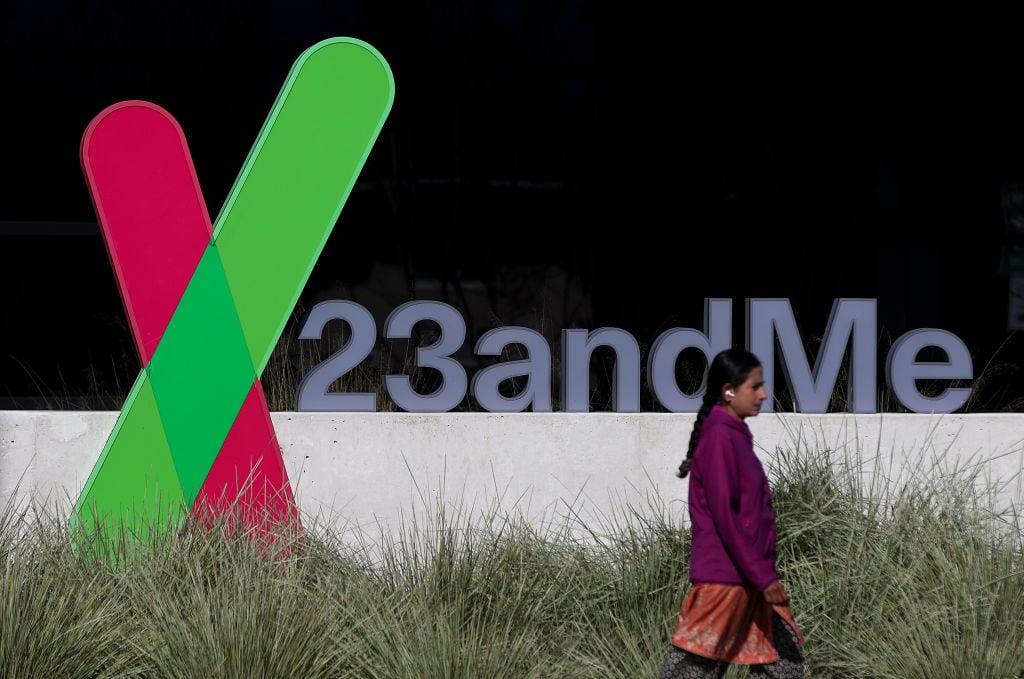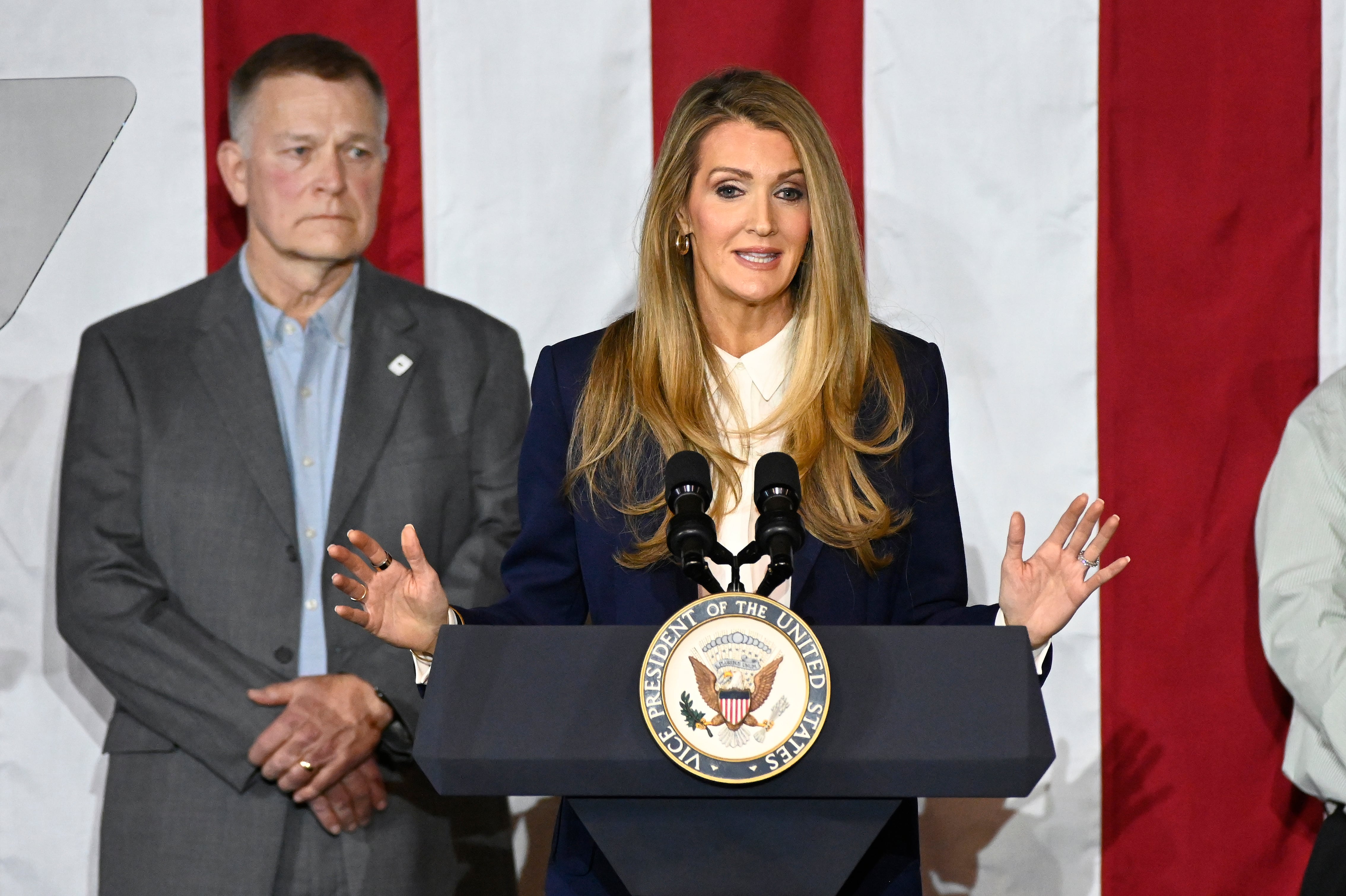By Fatima Hussein
The IRS said Tuesday it is going to waive penalty fees for people who failed to pay back taxes that total less than $100,000 per year for tax years 2020 and 2021.
Nearly 5 million people, businesses and tax-exempt organizations — most making under $400,000 per year — will be eligible for the relief starting this week, which totals about $1 billion, the agency said.
The IRS temporarily suspended mailing automated reminders to pay overdue tax bills during the pandemic, beginning in February 2022, and agency leadership says the pause in automated reminders is a reason behind the decision to forgive the failure-to-pay penalties.
“Due to the unprecedented effects of the COVID-19 pandemic, these reminders would have normally been issued as a follow up after the initial notice,” the IRS said in a statement.
“Although these reminder notices were suspended, the failure-to-pay penalty continues to accrue for taxpayers who did not fully pay their bills in response to the initial balance due notice.”
While the IRS plans to resume sending out normal collection notices, the Tuesday announcement is meant as one-time relief based on the unprecedented interruption caused by the pandemic, IRS officials said.
“It was an extraordinary time and the IRS had to take extraordinary steps,” IRS Commissioner Daniel Werfel told reporters. He said the change will be automatic for many taxpayers and will not require additional action.
Taxpayers are eligible for automatic relief if they filed a Form 1040, 1041, 1120 series or Form 990-T tax return for years 2020 or 2021, owe less than $100,000 per year in back taxes, and received an initial balance-due notice between Feb. 5, 2022 and Dec. 7, 2023.
If people paid the failure-to-pay penalty, they will get a refund, Werfel said on a call with reporters. “People need to know the IRS is on their side," he said.












